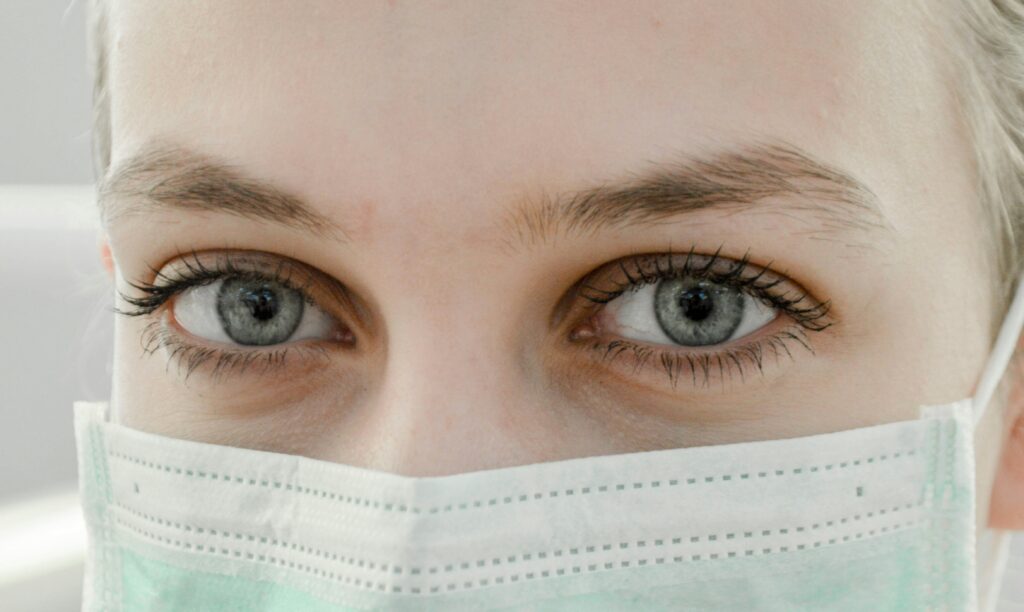Veterinary Medicine in Romania
Situated in Southeast Europe, boasts a rich tapestry of cultural heritage, breathtaking landscapes, and a diverse array of animal species – Veterinary Medicine in Romania.
Within this vibrant tapestry lies a robust veterinary medicine sector dedicated to safeguarding animal health, promoting animal welfare, and advancing scientific research. From rural communities to urban centers, veterinarians in Romania play a pivotal role in supporting livestock production, companion animal care, wildlife conservation, and public health initiatives.
Historical Perspective:
The roots of veterinary medicine in Romania can be traced back centuries, with early practitioners providing care for livestock and working animals essential to agrarian society. Over time, the field evolved in response to advancements in science, technology, and societal needs. In the late 19th and early 20th centuries, veterinary education and professional organizations began to take shape, laying the groundwork for a formalized veterinary profession.
The establishment of the Faculty of Veterinary Medicine at the University of Bucharest in 1862 marked a significant milestone in the development of veterinary education in Romania. Since then, the country has seen the emergence of additional veterinary faculties at universities across the nation, including the University of Agricultural Sciences and Veterinary Medicine of Cluj-Napoca, the University of Agricultural Sciences and Veterinary Medicine of Iași, and the University of Agricultural Sciences and Veterinary Medicine of Timișoara.
Current Landscape:
Today, veterinary medicine in Romania encompasses a broad spectrum of disciplines, encompassing both traditional and emerging fields of practice. Veterinarians work in various settings, including private clinics, governmental agencies, research institutions, and academic institutions. Key areas of focus within the veterinary profession in Romania include:
-
Livestock Health and Production
Agriculture remains a cornerstone of the Romanian economy, with livestock farming playing a vital role in rural livelihoods. Veterinarians specializing in livestock health work closely with farmers to ensure the well-being of cattle, pigs, poultry, and other livestock species. This includes preventive medicine, disease surveillance, reproductive management, and nutritional counseling to optimize animal productivity and welfare.
-
Companion Animal Care
With pet ownership on the rise in Romania, there is a growing demand for veterinary services catering to companion animals such as dogs, cats, and exotic pets. Veterinary clinics and hospitals provide a wide range of services, including wellness exams, vaccinations, surgical procedures, dental care, and behavioral counseling. Additionally, animal shelters and rescue organizations collaborate with veterinarians to address the needs of stray and abandoned animals, promoting responsible pet ownership and population control.
-
Wildlife Conservation
Romania boasts a rich biodiversity, with diverse ecosystems supporting a variety of wildlife species, including bears, wolves, lynx, and birds of prey. Veterinarians specializing in wildlife conservation play a crucial role in monitoring and protecting these populations from threats such as habitat loss, poaching, and infectious diseases. This includes wildlife rehabilitation, disease surveillance, habitat restoration, and public education initiatives aimed at fostering coexistence between humans and wildlife.
-
Public Health and Food Safety
Ensuring the safety and quality of food products derived from animals is paramount to protecting public health. Veterinary public health professionals in Romania oversee food safety standards, inspection protocols, and disease control measures throughout the food production chain. This includes monitoring zoonotic diseases, implementing biosecurity measures on farms and slaughterhouses, and conducting epidemiological investigations to prevent the spread of infectious pathogens.
Challenges and Opportunities:
While veterinary medicine in Romania has made significant strides in recent years, several challenges persist, including:
-
Rural Veterinary Services
Access to veterinary care in rural areas remains limited, posing challenges for livestock farmers and rural communities. Addressing this disparity requires initiatives to incentivize veterinarians to practice in underserved areas, improve infrastructure, and expand outreach programs to remote communities.
-
Professional Development
Continuing education and professional development opportunities are essential for veterinarians to stay abreast of advancements in veterinary medicine. Investing in veterinary education and training programs can enhance the skills and expertise of practitioners, enabling them to deliver high-quality care to their patients.
-
Animal Welfare
Despite efforts to promote animal welfare, issues such as animal cruelty, neglect, and abandonment continue to pose challenges in Romania. Strengthening animal welfare legislation, increasing public awareness, and supporting animal welfare organizations are critical steps towards improving the welfare of animals across the country.
-
One Health Approach
Embracing a One Health approach that recognizes the interconnectedness of human, animal, and environmental health is essential for addressing complex health challenges. Collaborative efforts between veterinarians, human health professionals, environmental scientists, and policymakers can lead to more holistic solutions to issues such as zoonotic diseases, antimicrobial resistance, and environmental degradation.
Veterinary medicine in Romania stands at a crossroads, poised to address the evolving needs of animals, society, and the environment. By leveraging scientific innovation, embracing interdisciplinary collaboration, and advocating for animal welfare, veterinarians in Romania can make significant contributions to the health, well-being, and prosperity of both animals and humans alike. As stewards of animal health and guardians of public health, veterinarians play a vital role in shaping a brighter future for Romania and its inhabitants, both human and animal alike.





